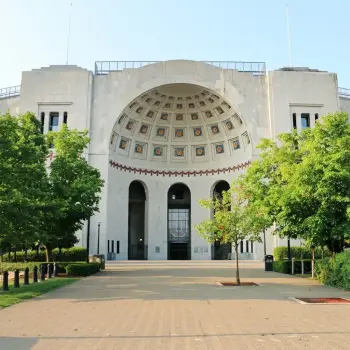The word legacy is often used to describe the centerpiece of leadership, especially as leaders in every venue near the end of their service. Contrary to the assumptions that linger behind that language, legacy is not the centerpiece of leadership. Really? Why?
Here are my reasons:
Leaders who really work at leading don't need to worry about their legacy. They know that faithfully discharging the responsibility that they have been given will speak for itself.
Leaders know it isn't all about them. True leaders look up and beyond. The leader's role isn't about burnishing their resumes and it isn't about fulfilling lifelong goals. Leaders look to the mission, purpose, and history of the organizations that they lead; and they know that those demands are a trust, to be discharged with care and focused attention.
Leaders know that preoccupation with legacy is, by definition, self-absorbed. Given the larger demands of the role that they play, leaders know that the continuity, strength, and vitality of an organization can't possibly be about a series of leaders who promote their own image. They know it's about the humble devotion to something larger than themselves.
Leaders know that legacy will keep leaders from doing what needs to be done. Leaders know that the person who worries about the history books and the press will always make decisions that are shaped by fear.
Leaders do the right thing and let history think what it will. The future isn't as important as the past to true leaders.
Leaders know that they are mortal, that the ranks of true leaders are long and self-sacrificing. It's a harsh truth, but it's liberating as well. True leaders let go of the fearful questions about legacy and they make virtue their friend in the face of near certain anonymity. It is better to be remembered by God, not by other human beings who are, themselves, mortal.
6/8/2014 4:00:00 AM





